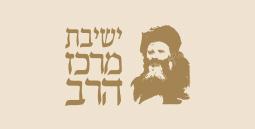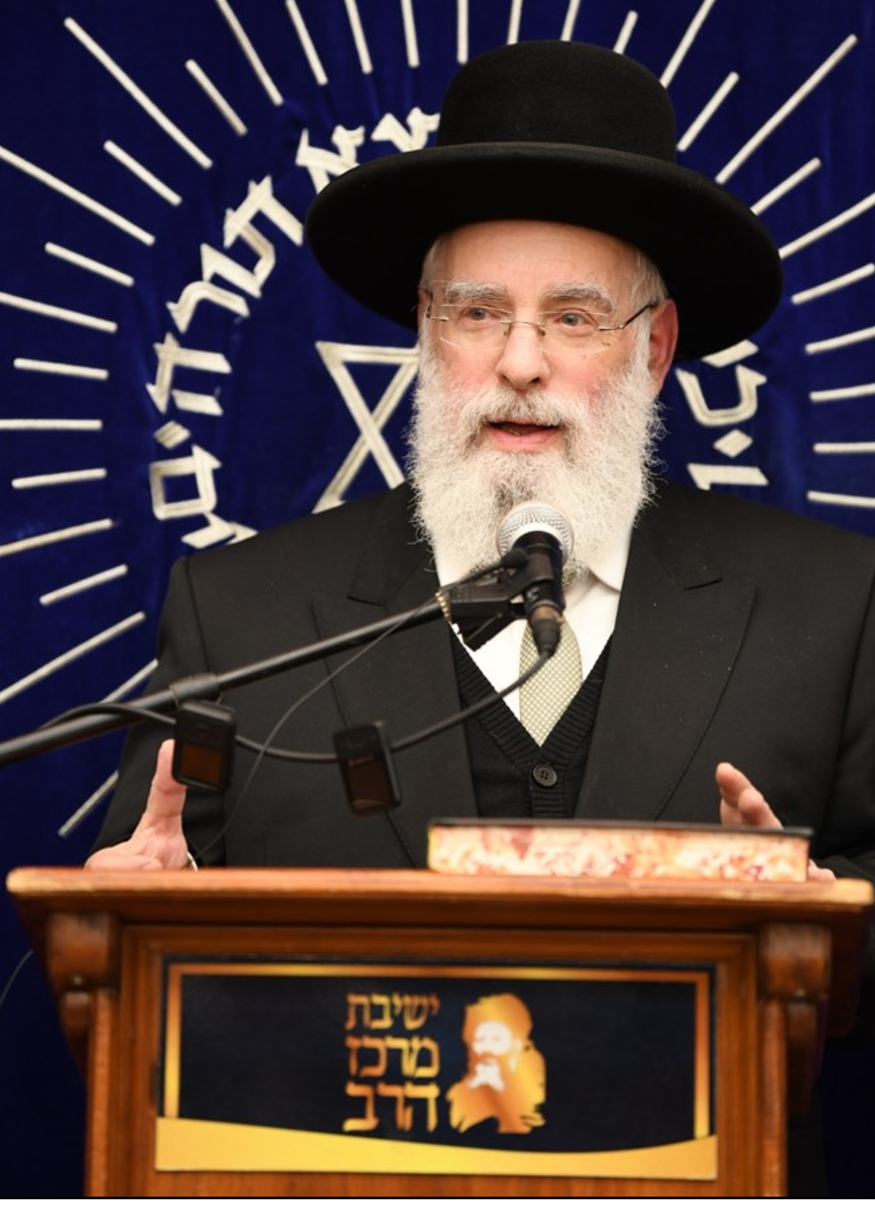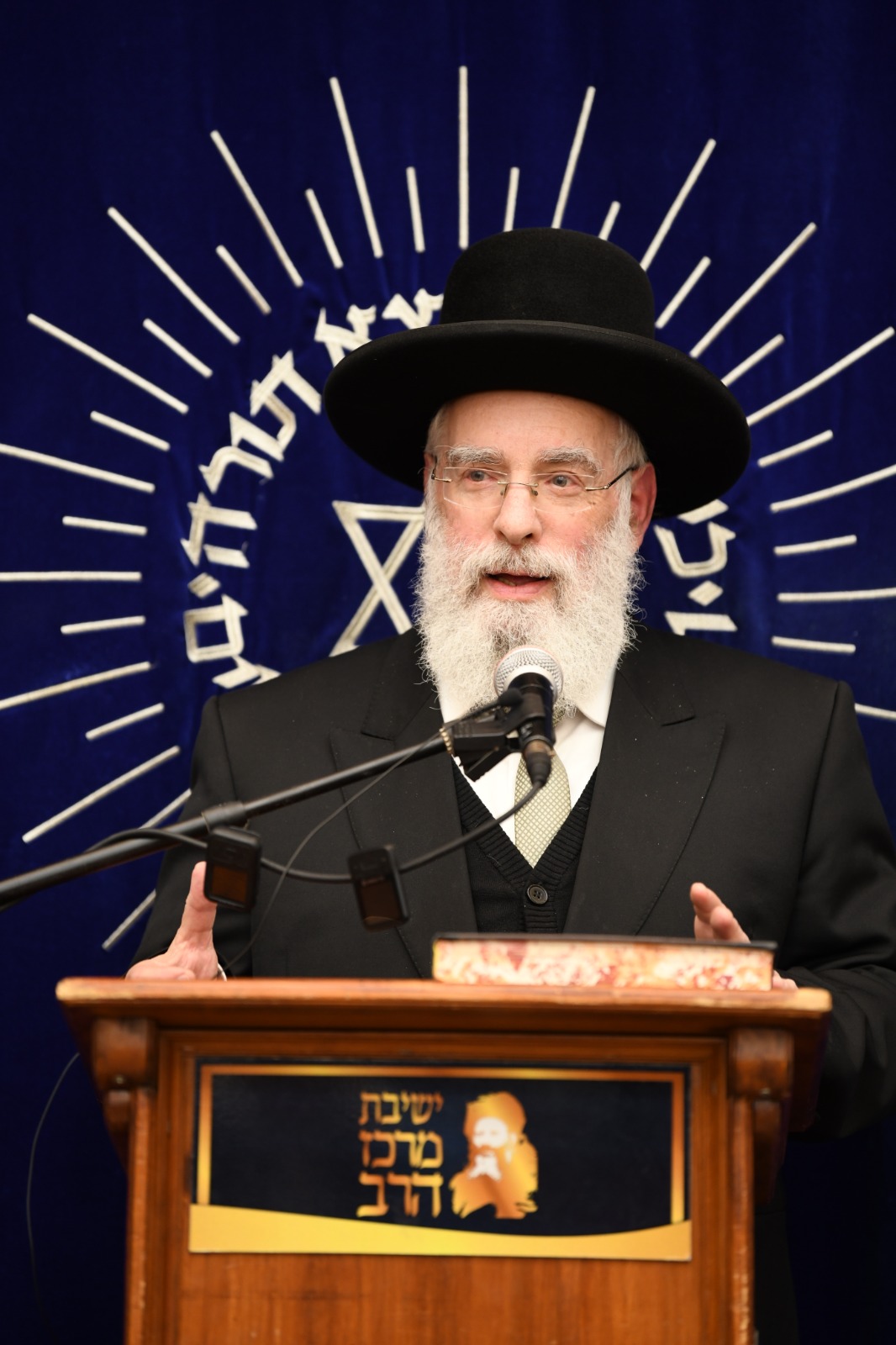Why do we see that in the case of Ishmael, Abraham did not act as the Torah prescribes for a rebellious son
Rosh Yeshiva Rabbi Yaakov Shapira
In this week’s parasha, we encounter the ben sorer u’moreh, the wayward and rebellious
son, the glutton and drunken youngster who arrogantly defies his father and his mother and is subsequently stoned to death by the community.
Rashi notes that this boy is punished “because of his [inevitable] end”. In other words, the ben sorer u’moreh’s punishment is based upon his frightful future prospects, more than the gravity of the sins he has committed to date. The Torah maintains that since he will engage in far more egregious sins in the future, it is preferable to put him to death now. “Let him die when he is innocent, and let him not die when he is guilty [of capital crimes]”
While we accept the Torah’s precepts, this approach seems to be at odds with the Torah’s treatment of Yishmael in his moment of crisis. In Parashat Vayeira, after Hagar and Yishmael are banished from the home of Avraham and Sarah, they wander in the desert, lose their way, and deplete their water supply. Unable to bear the pain of watching her son die, Hagar throws Yishmael into the bushes and retreats. Banished by his father and abandoned by his mother, Yishmael cries out to God, and God responds by opening Hagar’s eyes and enabling her to detect a well of water and resuscitate her dying son.
The verse notes that “God has heeded the cry of the youth in his present state”.
Meaning, the decision to spare Yishmael is based only on his current state, rather than on what would happen in the future, both in terms of his personal life choices, and on a national scale insofar as the way that his children would mistreat Am Yisrael. This begs the question: Why is Yishmael treated differently than the ben sorer u’moreh? Why is one case governed by the future, and one case locked in the present?
Ramban notes that a ben sorer u’moreh has violated the precept of “kedoshim tehiyu” which mandates that a Jew must not only follow the letter of the law, but also strive to understand what the Torah really wants of him. When a young boy devotes so much money and energy to eating meat and drinking wine, he is showing a flagrant misunderstanding of what Torah life is all about. More than anything else, a person needs to refine himself and be receptive to spirituality and sensitive to the Divine. This is the basic infrastructure of an individual who aspires to live a life of Torah. The ben sorer u’moreh’s behavior demonstrates that he is tragically missing this foundation.
This is not necessarily surprising, given that he is a product of his father’s marriage to an eishet yifat toar, marriage with a gentile woman captiva described as “a response to the evil inclination” on his father’s part that took place under extenuating circumstances during war. This boy lacks the instincts of spiritual refinement; his parents made him not capable of doing any better.
Herein lies the difference between him and Yishmael. Unlike the ben sorer u’moreh, Yishmael, the son of Avraham, had the spiritual foundation to achieve greatness. His later bad choices do not negate the fact that in his moment of crisis, he was Avraham’s son and he had the capacity for spiritual refinement and prominence. Therefore, Yishmael’s judgement is rendered based on his “present state” rather than “his inevitable end”.
As we approach the Yamim Noraim, we too seek to merit this approach, and be worthy of judgment that is predicated on our capacity for goodness, on our inborn spiritual infrastructure, and on our deepest aspirations to live a life that is rooted in Torah and mitzvot




